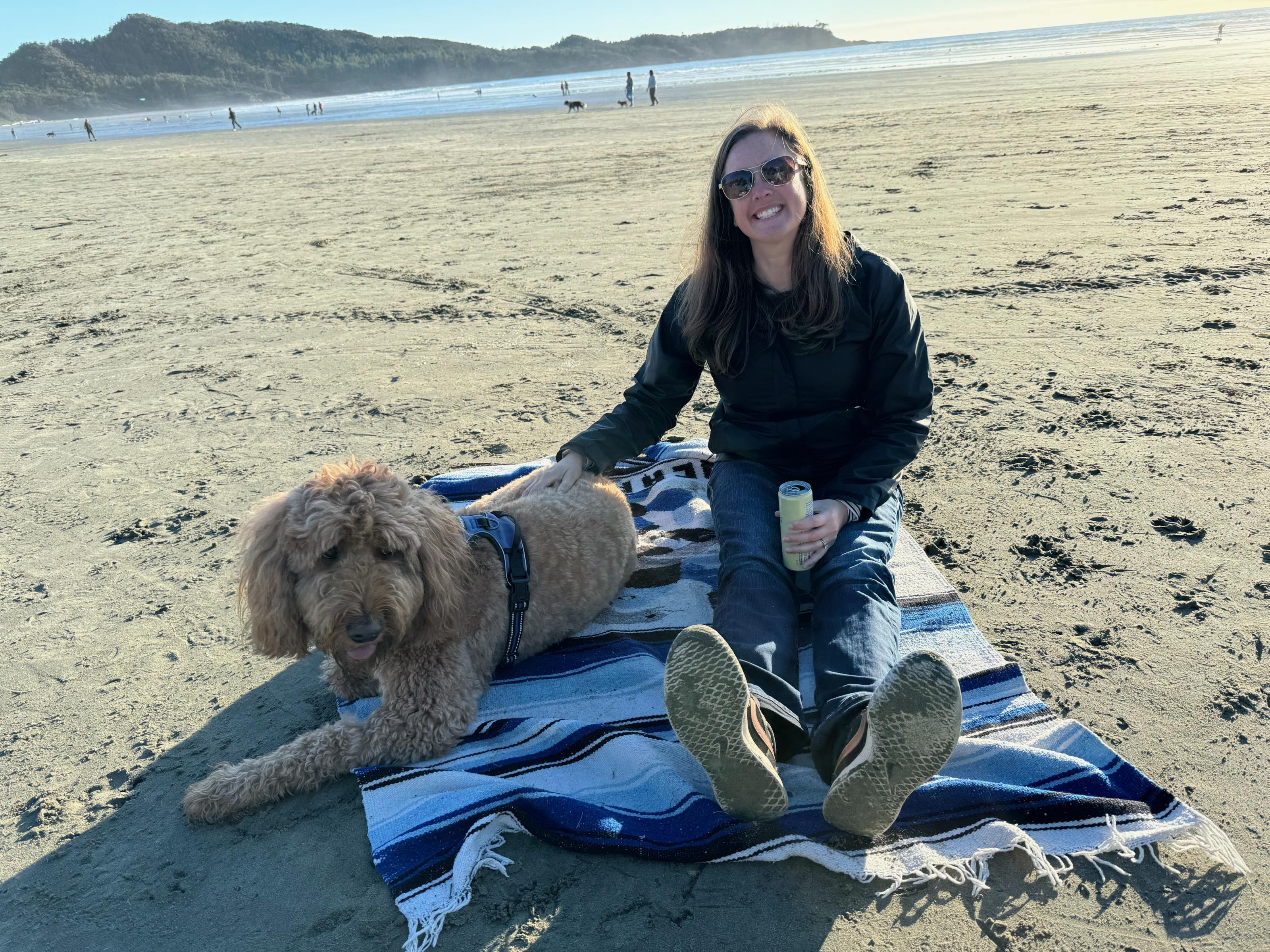Connie Clark
I hope my work contributes to the public good by addressing the urgent issue of nursing workforce sustainability in British Columbia. Nurses are essential to delivering timely and effective care, yet high attrition rates among newly graduated nurses threaten the stability of the system. By generating evidence to better support new nurses in their transition to practice, my research aims to strengthen the workforce and, in turn, improve health care delivery for the public.
Research description
What does being a Public Scholar mean?
To me, being a Public Scholar means engaging in a community of like-minded scholars while also accessing diverse resources beyond the nursing discipline. The PSI provides opportunities for academic, career and financial support that enable emerging researchers to strengthen their skills. As someone who has faced challenges with career planning and next steps, I see the PSI as a valuable space to explore options, discuss potential career trajectories and broaden my perspective as a researcher.
In what ways do you think the PhD experience can be re-imagined with this Initiative?
The PSI can re-imagine my PhD experience by creating opportunities for expanded feedback on my research approach, all within a shared commitment to the public good. While it is easy for new researchers to become entrenched in a single lens or perspective, access to a diverse network of scholars fosters broader conversations and collaborations that can strengthen projects and enhance their relevance and impact.
How do you envision connecting your PhD work with broader career possibilities?
I envision my PhD work with newly graduated nurses broadening my career possibilities by deepening my expertise in this area and generating evidence that can positively influence their transition experiences. Building this knowledge base positions me to contribute to broader workforce planning initiatives, both within nursing and across other disciplines. I also see the PSI network as an invaluable source of support in exploring and pursuing these career pathways.
How does your research engage with the larger community and social partners?
My research uses an integrated knowledge translation approach that actively involves knowledge users as part of the research team, ensuring that the findings are relevant and readily applicable to practice. A key dissemination goal is to inform health policy, with the potential to strengthen care delivery and improve health outcomes for the population in British Columbia.
Why did you decide to pursue a graduate degree?
I chose to pursue a PhD because I recognized a gap in my knowledge and wanted to develop the skills needed to make a meaningful impact on the nursing workforce. I see doctoral training as a way to build expertise that not only addresses pressing challenges in nursing but can also be applied to other areas of interest as my career evolves.
Why did you choose to come to British Columbia and study at UBC?
I chose to study at UBC because I had already completed my undergraduate and master’s degrees here and experienced firsthand the university’s high academic standards and supportive faculty. UBC offers a rich learning environment, extensive resources and a strong sense of community, all of which make it an ideal place for me to continue my doctoral studies.






